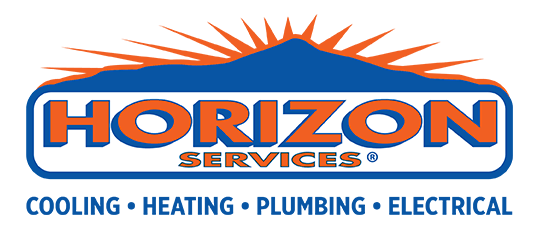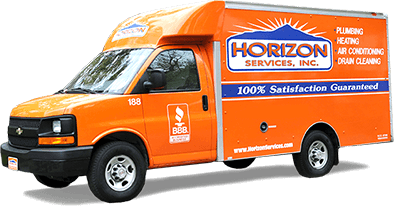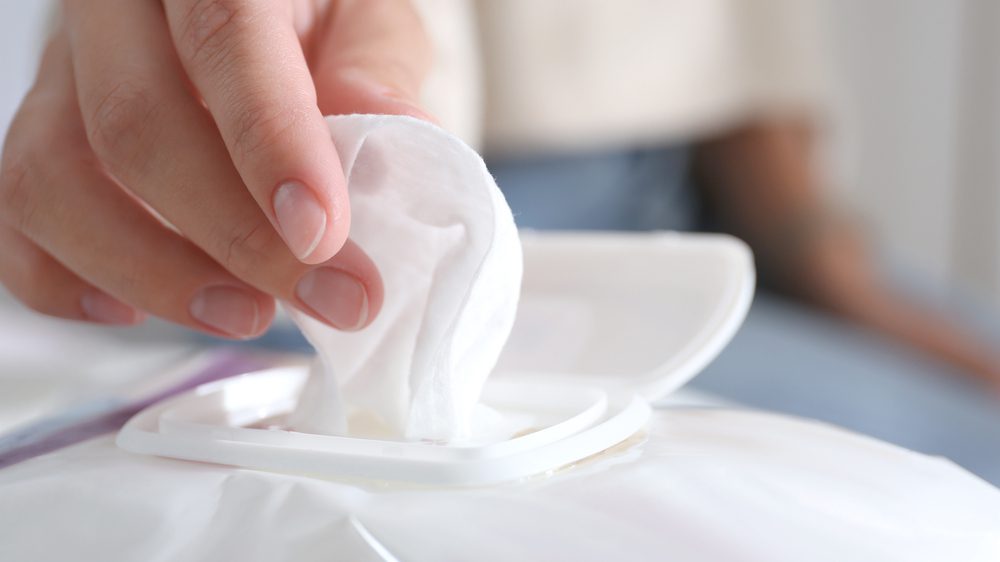
Many people love the idea of a convenient flushable wipe. Many also feel flushable wipes have a lower environmental impact since the wipes should theoretically decompose in the sewer line, leading to fewer waste products in the trash and landfills. However, are flushable wipes really flushable? Or, are companies just slapping a false label on their products? We have created an outline to break down why flushable wipes are not flushable and what damages they can inflict on your residence.
Table of Contents
What Are Flushable Wipes?
Flushable wipes are any form of moist towelettes that clean a person or surface, such as baby wipes, makeup remover wipes, or disinfectant wipes. They are thin, fibrous sponges pre-soaked with water and other active ingredients, making them softer and more efficient than regular toilet paper. However, they are still thicker and more compact than toilet paper, meaning they sit longer in your sewer pipes.
Therefore, although biodegradable wipes break down faster than traditional wipes, they still take longer to dissolve than toilet paper. So, unless you want to deal with an eventual pipe clog, you should not get into the habit of flushing them.
Read More: Top Reasons Your Bathroom Sink is Leaking Underneath
Are Flushable Wipes Really Flushable?
The answer to, “Are flushable wipes bad for plumbing?” is a resounding yes. These wipes are not really flushable and can become a one-way ticket to a clog. Despite their safe-for-plumbing labeling, you should be wary of flushable wipes for the following reasons:
- Dissolvability: Traditional wipes take about 100 years to break down, unlike dissolvable wipes, which take a mere few weeks in comparison. However, toilet paper dissolves almost immediately in one to four minutes, so it can pass through your septic system without issue. So, if you flush products multiple times daily, all wipes (dissolvable or not) will build up and cause clogs.
- Lacks testing: The US doesn’t require companies to meet certain criteria for flushable wipes. Therefore, these manufacturers can say anything that makes their products sound more desirable, even if their claims are not entirely true—so beware.
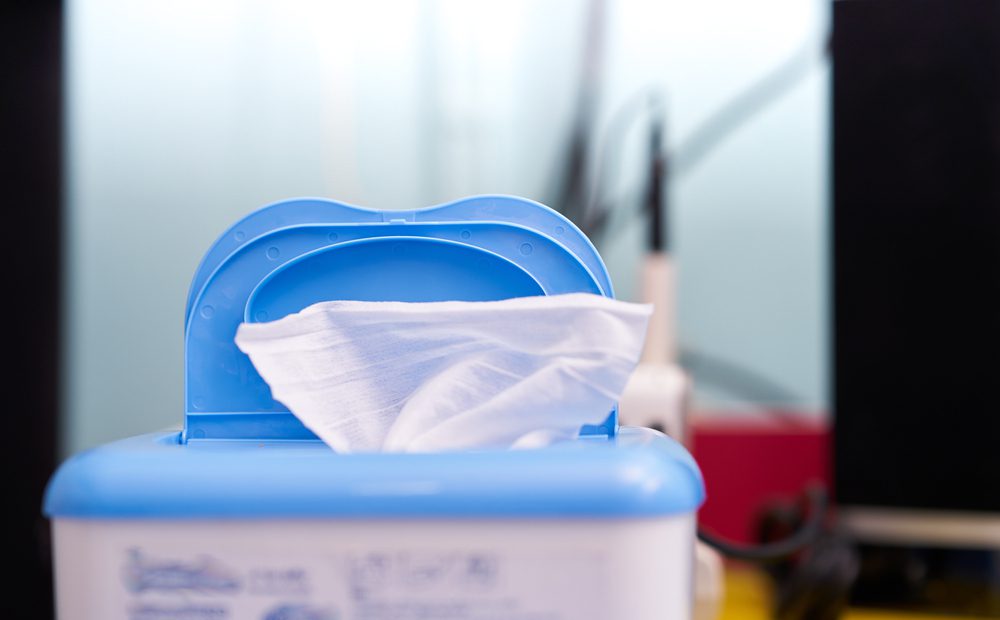
Do Flushable Wipes Clog Water Lines?
If you are wondering, “Do flushable wipes clog toilets?” The answer is yes. This is because each flushable wipe contains paper pulp, polyester, and polymer like traditional wipes, causing them to take weeks to dissolve.
So, if you use multiple flushable wipes every day, they will create a blockage that leads to weak flushes, among other issues that require toilet repair and installation services. The moment you notice an issue with the way your toilet bowl drains, consider plumbing the clog so it can move from your septic tank into the main sewer line.
However, if the clog is large and unyielding, try getting closer to the problem by snaking a flexible cable into the drain. The spring or auger grinds up the debris so you can easily flush the particles away.
If you are still not noticing a change, call a professional plumber. They will try snaking your system again with a longer, high-tech device. Although if that doesn’t work, they may try other measures including hydro-jetting in effort to move the clog.
Did Flushable Wipes Clog My Toilet?
If you have been flushing flushable wipes for some time, you are likely wondering “How can I tell if flushable wipes have clogged my toilet?” Here is how to tell if flushable wipes clogged your toilet:
A common issue is a non-flushing toilet that may not drain when you hit the lever, leaving wastewater behind. The water level may also rise as clean water trickles into the bowl, and the old water remains stagnant, causing an overflow issue. Overflows release gray water onto your floors, creating an unsanitary environment harboring bacteria.
However, that is not the only place water can pool since nearby sinks, showers, or tubs connect to the same main line, meaning if one becomes affected, the rest can, too. Worse yet, dirty wastewater from the toilet can back up into your shower or sink drain, which makes other bathroom activities unpleasant, to say the least.
Read More: What Are the Advantages of Using a Double Cup Kitchen Sink Strainer?
You may also notice water damage since a clogged water line causes pressure on your sewer system. The pressure can cause holes in the pipes or the seams connecting them to snap, leading to water damage on walls, floors, and ceilings, which the pipes run behind. You may also notice lush parts of your lawn if water is pooling outside, alongside a mold and mildew smell as moisture causes fungal growth.
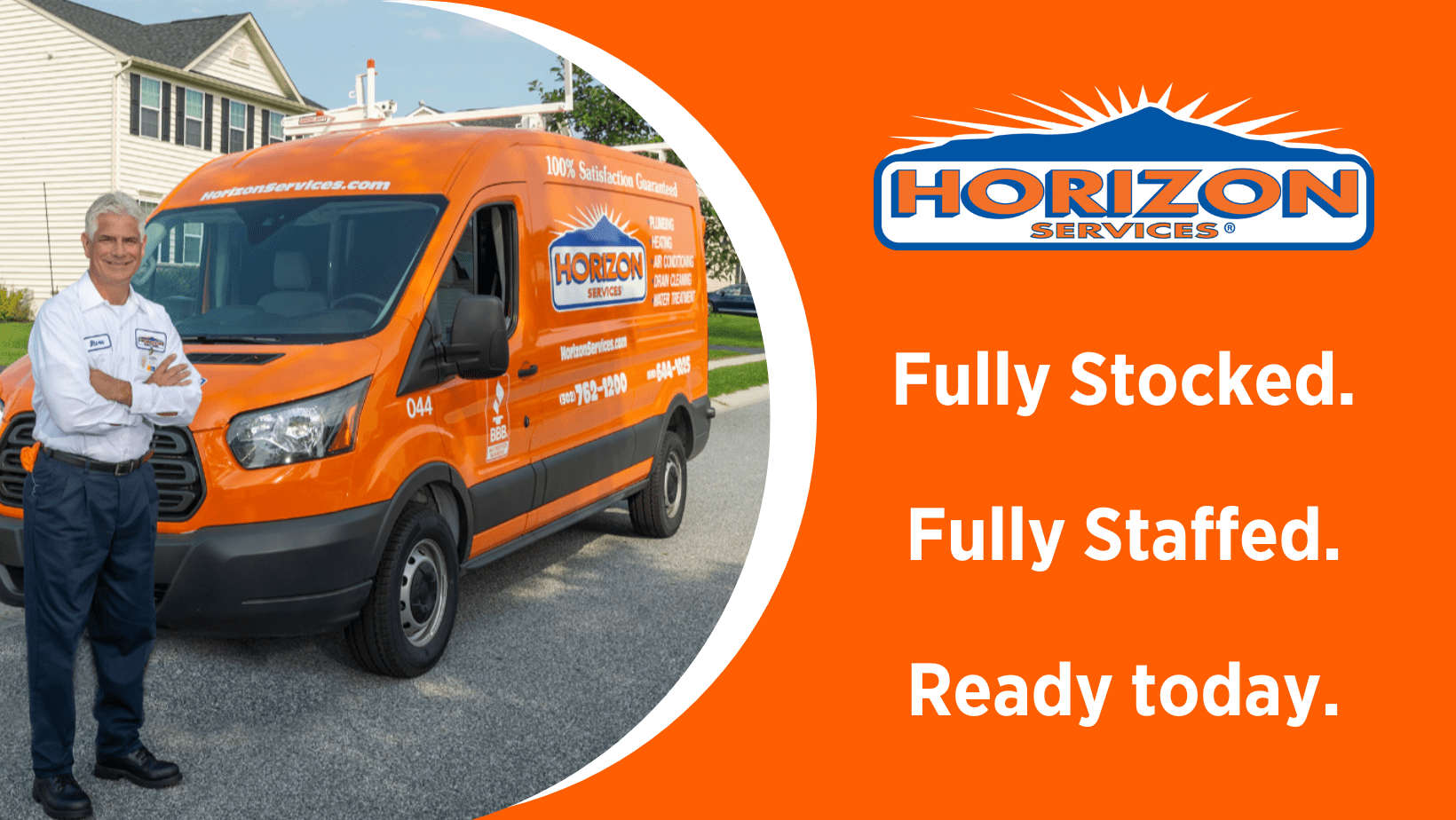
Professional Drain Repair and Plumbing Services
So, are flushable wipes bad for plumbing? Unfortunately, yes. Sewer systems cannot handle the buildup caused by biodegradable or regular wipes, meaning even flushable wipes are not flushable. However, if you have made the understandable mistake made by many of your neighbors, you will need professional drain cleaning and drain repair services to get your system back on track.
Our team of professional plumbers in Raleigh, NC will help you remove blockages and objects in your sewer pipes. We have over 30 years of experience bringing homeowners 24/7 services in North Carolina, Pennsylvania, New Jersey, Maryland, and Delaware. Clogs and other problems don’t take a vacation. Neither do we, which means you can reach us during nights, weekends, and holidays.
To prevent damage to your yard, our certified plumbers can provide innovative trenchless sewer repair services for homes to resolve severe issues. We offer everything, from water treatments to HVAC services. Contact us by phone at 1-800-642-4419 for your plumbing needs and more.
